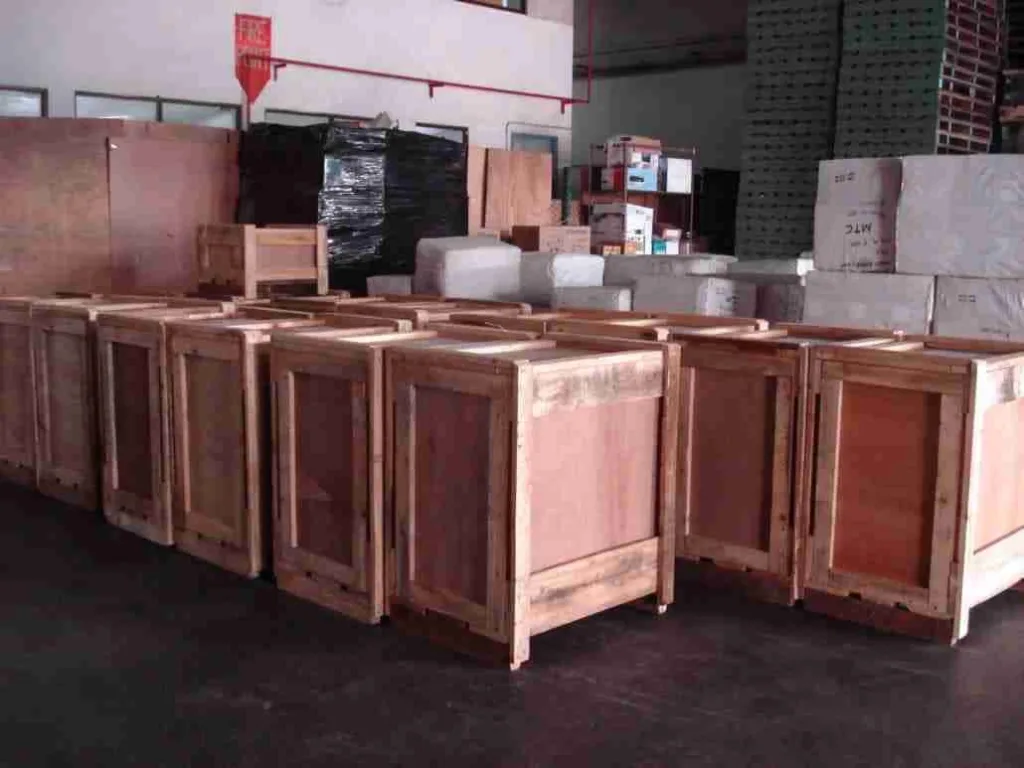Understanding Air Freight Costs

When it comes to shipping goods quickly and efficiently, air freight is often the go-to choice for many businesses. However, understanding air freight costs can be a bit tricky. In this guide, we’ll break down the various factors that influence these costs, helping you make informed decisions for your shipping needs.
What Are Air Freight Costs?
Air freight costs are the expenses associated with transporting goods by air. These costs can vary widely based on several factors, including the weight and size of the shipment, the distance it needs to travel, and additional services required.

Key Factors Influencing Air Freight Costs
1. Weight and Volume
One of the primary factors affecting air freight costs is the weight and volume of your shipment. Air carriers charge based on either the actual weight or the volumetric weight of the cargo, whichever is higher.
Actual Weight
Actual weight is simply the total weight of your shipment. This is measured in kilograms (kg) or pounds (lbs).
Volumetric Weight
Volumetric weight, also known as dimensional weight, is calculated based on the dimensions of the shipment. The formula for volumetric weight is:
[ \text{Volumetric Weight} = \frac{\text{Length} \times \text{Width} \times \text{Height}}{\text{Volumetric Divisor}} ]
The volumetric divisor is a number provided by the carrier, typically ranging from 5,000 to 6,000 for air freight.
2. Distance
The distance your shipment needs to travel is another significant factor. Longer distances generally result in higher costs. International air freight costs can vary significantly from domestic shipping rates, so it’s essential to consider the destination.
3. Shipping Routes
Not all routes are created equal. Some routes are more popular and have more frequent flights, which can lower costs. Conversely, less common routes may be more expensive due to limited availability.
4. Type of Goods
Certain types of goods require special handling, which can increase costs. For example, perishable items, hazardous materials, and oversized cargo may incur additional fees.
5. Fuel Surcharges
Fuel prices fluctuate, and so do fuel surcharges. These surcharges are added to the base cost of shipping and can vary depending on current fuel prices.
6. Customs and Duties
For international shipments, customs fees and duties can significantly impact the total cost. These fees are determined by the destination country’s regulations and the value of the goods being shipped.
How to Calculate Air Freight Costs
To get a rough estimate of air freight costs, you can follow these steps:
Step 1: Determine the Weight
Calculate both the actual weight and the volumetric weight of your shipment. Use the higher of the two for your calculations.
Step 2: Check the Rate
Find the air freight rate per kilogram (kg) for your shipment’s route. Rates can be obtained from the carrier or a freight forwarder.
Step 3: Calculate the Base Cost
Multiply the higher weight (from Step 1) by the rate per kg (from Step 2).
[ \text{Base Cost} = \text{Weight} \times \text{Rate per kg} ]
Step 4: Add Additional Fees
Include any additional fees such as fuel surcharges, customs fees, and special handling charges.
[ \text{Total Cost} = \text{Base Cost} + \text{Additional Fees} ]

Tips for Reducing Air Freight Costs
1. Consolidate Shipments
Whenever possible, consolidate smaller shipments into a single larger shipment. This can often reduce costs by taking advantage of economies of scale.
2. Choose the Right Carrier
Different carriers offer different rates and services. Comparing options can help you find the best deal for your needs.
3. Optimize Packaging
Ensure your packaging is efficient to minimize volumetric weight. Using the right size boxes and reducing empty space can help lower costs.
4. Plan Ahead
Last-minute shipments tend to be more expensive. Planning your shipments in advance can help you secure better rates.
5. Work with a Freight Forwarder
Freight forwarders can help you navigate the complexities of air freight and find the most cost-effective solutions. They often have relationships with multiple carriers and can negotiate better rates on your behalf.
Conclusion
Understanding air freight costs is crucial for businesses that rely on quick and efficient shipping. By considering factors like weight, distance, and additional fees, you can better estimate your shipping expenses and find ways to reduce costs. Whether you’re shipping domestically or internationally, being informed will help you make smarter decisions and optimize your logistics strategy.
Remember, air freight costs can be influenced by various factors, and staying updated on current rates and practices will ensure you’re always getting the best deal. Happy shipping!
Streamline Your Shipping with Express Freight Management
Streamline your shipping logistics by partnering with Express Freight Management. With our expertise in air freight solutions, we can help you navigate the complexities of shipping and ensure your goods reach their destination swiftly and securely. Whether you’re looking to reduce costs, improve efficiency, or expand your global reach, our dedicated team is ready to assist you. Contact us today to discover how we can optimize your logistics strategy and elevate your business operations. Let’s take your shipping logistics to new heights with Express Freight Management!
